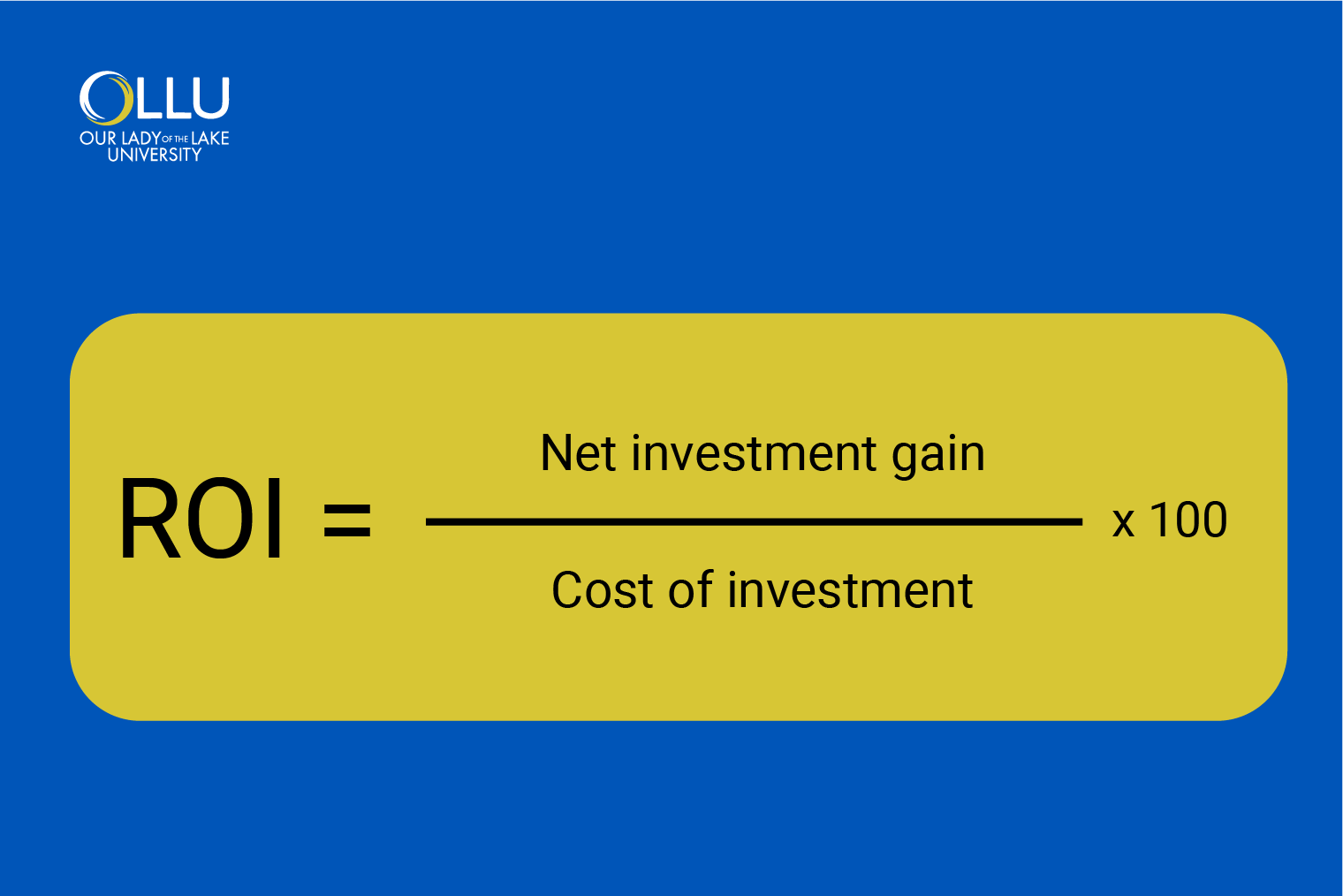What’s the Average MBA Salary in 2023?
Nov 08, 2023

Before embarking on a career path, it's essential to weigh various aspects. This includes considering whether the field complements your goals, stirs your passion, promises a bright professional future, and offers satisfactory earning potential.
Among the many career options, pursuing an MBA stands out for numerous compelling reasons, with salary being a significant draw. Read on as we look into the average MBA salary and the influential factors that shape it, providing valuable insights if you're contemplating this career choice.
What Is the Average Salary for MBA Graduates?
As of September 2023, the average annual salary for individuals in the MBA job category within the United States is an impressive $137,407 per year. It's worth noting that this category exhibits a broad spectrum of earning potential, with annual incomes ranging from as high as $218,000 to as low as $19,000.
However, most salaries of MBA graduates currently fall within a more concentrated range. Specifically, about 25% of professionals earn around $97,000 or below (at the 25th percentile), while approximately 75% of individuals enjoy incomes ranging from $97,000 to $193,000 (at the 75th percentile). This indicates the diverse yet lucrative opportunities within the MBA job sector.
MBA Salaries by State
Across different states, salaries for MBA jobs vary significantly. Recent data shows that only six states have average salaries higher than the overall average in the United States. These states, which are Washington, New York, California, Massachusetts, Vermont, and Nevada, have impressive figures that reflect a strong economy and high demand for MBA professionals. On the other hand, the lowest-paying states for MBA professionals are Kentucky, North Carolina, and Arkansas.
Below are all 50 states, along with their respective average salaries:
- Alabama, $109,416 per year
- Alaska, $130,334 per year
- Arizona, $129,473 per year
- Arkansas, $103,276 per year
- California, $149,561 per year
- Colorado, $118,356 per year
- Connecticut, $125,625 per year
- Delaware, $118,933 per year
- Florida, $109,301 per year
- Georgia, $127,275 per year
- Hawaii, $132,674 per year
- Idaho, $129,376 per year
- Illinois, $122,838 per year
- Indiana, $129,515 per year
- Iowa, $126,529 per year
- Kansas, $112,416 per year
- Kentucky, $104,947 per year
- Louisiana, $109,269 per year
- Maine, $135,999 per year
- Maryland, $120,711 per year
- Massachusetts, $138,241 per year
- Michigan, $113,244 per year
- Minnesota, $131,049 per year
- Mississippi, $116,931 per year
- Missouri, $112,601 per year
- Montana, $124,215 per year
- Nebraska, $109,548 per year
- Nevada, $137,801 per year
- New Hampshire, $128,063 per year
- New Jersey, $135,097 per year
- New Mexico, $122,237 per year
- New York, $153,111 per year
- North Carolina, $104,337 per year
- North Dakota, $126,552 per year
- Ohio, $121,825 per year
- Oklahoma, $114,858 per year
- Oregon, $134,236 per year
- Pennsylvania, $128,086 per year
- Rhode Island, $126,792 per year
- South Carolina, $114,274 per year
- South Dakota, $126,648 per year
- Tennessee, $119,241 per year
- Texas, $133,924 per year
- Utah, $119,280 per year
- Vermont, $137,838 per year
- Virginia, $120,894 per year
- Washington, $162,890 per year
- West Virginia, $110,366 per year
- Wisconsin, $135,009 per year
- Wyoming, $130,695 per year
This diversity in salary averages highlights the significant impact of regional factors, industry concentrations, and cost of living on compensation packages. Therefore, it's important to consider geographic location when evaluating opportunities in the MBA job sector.
MBA Salaries by Industry
MBA graduates possess a versatile skill set that allows them to thrive in various industries, taking on diverse roles. However, according to data from the Bureau of Labor Statistics (BLS), certain industries stand out when it comes to hiring in administrative services.
These industries include professional, scientific, and technical services, where strategic planning and business acumen are highly valued, and the healthcare and social assistance sector, which relies on the managerial expertise of MBA graduates to streamline administrative processes.
Additionally, in the field of education, both public and private institutions benefit from the organizational prowess of MBA holders, with roles extending to state, local, and private educational services. Similarly, the finance and insurance sector, as well as local government entities, known for their complexity and need for skilled management, recognize the value of MBA holders in ensuring efficient and effective administrative operations.
Factors Influencing MBA Salaries
Your potential salary as an MBA graduate is influenced by several factors. Understanding each one is important not only to gain insight into your future earnings but also to learn how you can maximize them.
Specialization
The area of specialization plays a significant role in determining the salaries of MBA graduates. Those specializing in sought-after fields earn higher wages because of their specialized skill set and knowledge. Employers place great value on this expertise and are willing to offer competitive compensation packages.
Experience
Professional experience also plays a crucial role in shaping MBA salaries. Individuals with a track record of successful leadership, project management, and strategic decision-making often receive higher compensation. Experienced MBA graduates are seen as valuable assets, and their salary packages reflect this level of expertise.
Location
Geographic location is another factor in determining MBA salaries. Salaries vary widely from one region to another due to differences in cost of living, demand for professionals, and local economic conditions. In fact, a survey reveals that 71% of employers with staff in more than one location use regional pay differentials or adjust pay rates based on the location.
School Ranking
The reputation and ranking of the MBA program and institution also impact salary potential. Graduates from top-tier business schools can receive higher starting salaries, as these institutions are well-regarded by employers and provide extensive networks and resources for career advancement.
Industry
The industry in which an MBA graduate chooses to work significantly influences their salary. Different sectors offer varying levels of compensation based on factors like profitability, demand for specialized skills, and competition.
ROI on an MBA

The specific percentage of Return on Investment (ROI) for your MBA degree depends on factors such as program costs and your career path. To calculate the ROI of your MBA, follow these steps:
- Calculate all expenses for your MBA, including tuition, living expenses, and other related costs.
- Estimate the salary you expect to earn after completing your MBA.
- Consider how long your MBA program will take, including any internships or co-op terms.
- Calculate the income you'll miss out on by not working during your MBA program.
- Add up what you'll earn after the MBA and subtract the missed income and costs. This gives you a net financial profit.
- Divide the net gain by the costs and multiply by 100 to get the ROI percentage.
For example, consider this scenario: after completing your MBA, your projected post-degree earnings are approximately $160,000. You'll forgo an estimated $80,000 in income during your MBA program. Factoring in total costs of $50,000, your net financial gain amounts to $30,000. When this gain is divided by the total costs and multiplied by 100, it yields an impressive 60% return on investment.
Future Trends
Several trends are currently shaping the field of MBA education and degree programs. One of the most profound shifts is the pervasive influence of technology, which is revolutionizing every aspect of our lives. In response, MBA programs are adapting to this digital era, integrating online platforms for enhanced accessibility and flexibility. Notably, our institution has wholeheartedly embraced this trend, earning recognition as one of the top schools for online learning at the master's level.
Another noteworthy trend is the increasing representation of women in top-tier business schools. Recent reports highlight a significant surge in female applicants to MBA programs, both in traditional classroom settings and in the virtual realm of online education. This rise in female enrollment is a positive indication of the evolving demographics within the business education landscape, highlighting the growing recognition of women's value and impact on the business field.
The Bottom Line
Ultimately, an MBA career path offers a lucrative opportunity for professional growth and financial success. If you're considering this rewarding journey, we encourage you to join our school and explore our comprehensive Master's in Business Administration program. Seize the opportunity and build a prosperous career with us!
FAQs
How much does an MBA raise your salary?
On average, a master's degree can increase your salary by around 16% since data shows that with a master's degree, you earn about $1,661 weekly, whereas with only a bachelor's, you make approximately $1,432 per week.
Is an MBA worth it financially?
An MBA can be worth it financially because it leads to a significant salary increase and career advancement. However, it's essential to consider factors like program cost, potential debt, and the ROI based on your career goals and the specific MBA program you choose.
Which MBA specialization has the highest salary?
MBA specializations related to finance tend to have some of the highest salary potentials. However, it's important to note that the highest-paying specialization can vary based on factors like industry demand and location.
Is it easy to get a job after an MBA in the U.S.?
While an MBA can enhance your job prospects, the ease of finding a job after obtaining an MBA can depend on various factors, including your specialization, prior work experience, networking efforts, and the overall job market conditions at the time.